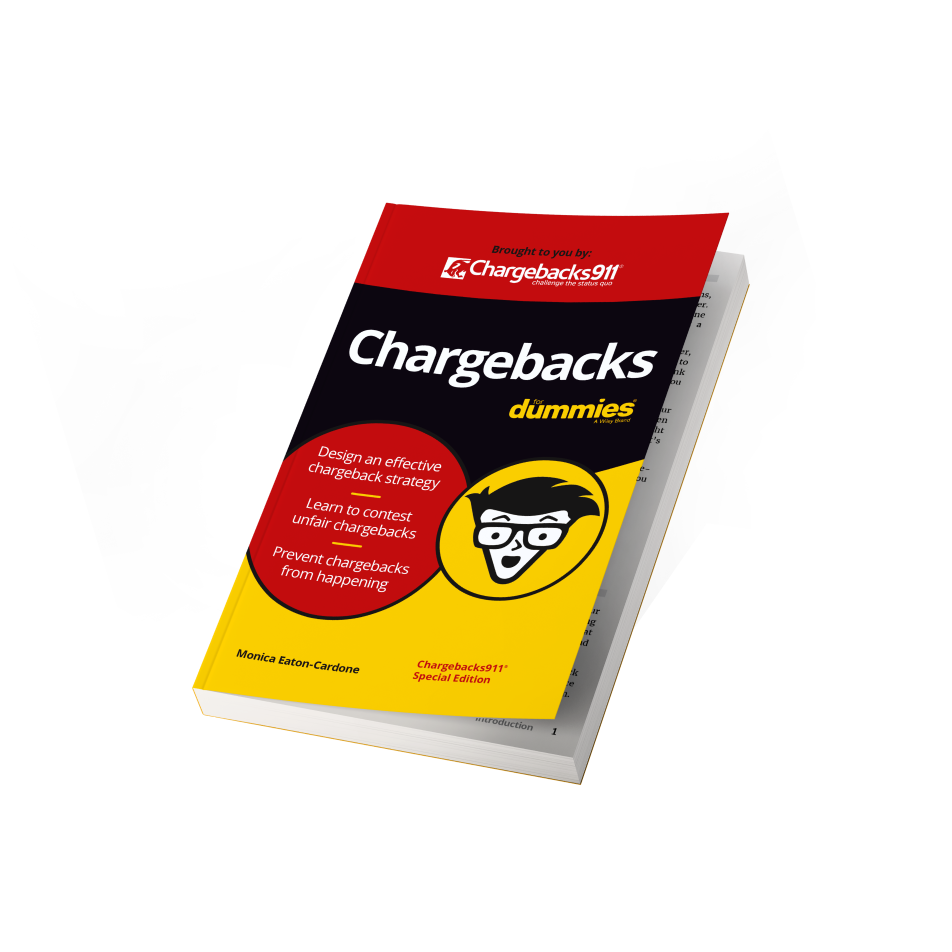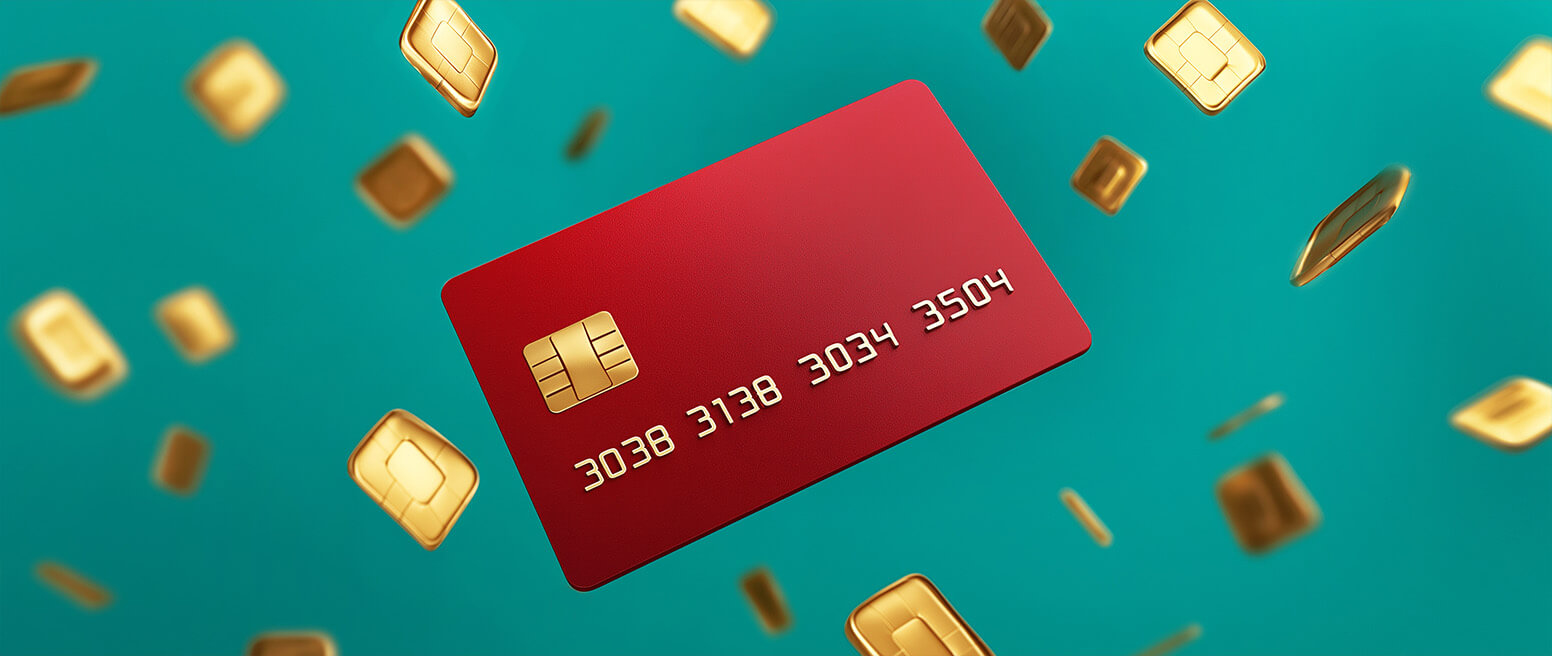Online Payment Processing: How Online vs. Offline Payments Differ
Here’s a crazy stat: in 2023, global cardholders spent a whopping $9.46 trillion shopping online.
In 2024, online and offline credit card transaction volume hit $3.625 trillion, an increase of 4.6% year-over-year. Another study from the Federal Reserve estimates that 33% of these transactions were online card-not-present (CNP) transactions, which occur when neither the cardholder nor their method of payment are physically at the point of sale.
There are a lot of parallels between how online and in-person payments are processed. But, you should be aware how they differ in terms of fraud risks, fees, and more. In this article, we discuss online and offline payments, and explore their similarities and differences.
Recommended reading
- What is EMV Bypass Cloning? Are Chip Cards Still Secure?
- Dispute Apple Pay Transaction: How Does The Process Work?
- Terminal ID Number (TID): What is it? What Does it Do?
- What is EMV Technology? Definition, Uses, Examples, & More
- Visa Installments: How it Works, Benefits, & Implementation
- dCVV2: How do Cards With Dynamic CVV Codes Work?
How Online & In-Person Payment Processing Works
Online payment processing refers to the method businesses use to collect payments electronically through debit or credit card transactions. It involves the process that takes place when customers make purchases online or via their mobile devices using their credit cards.
Before we dive into the details, let's quickly go over the parties involved. Besides you and the cardholder, other key players include:
The online payment process starts with the cardholder. Shoppers visit your website, pick their items, and go to checkout. There, they fill out a form with transaction details and personal information, like their name, shipping information, and credit card details.
In an offline payment, buyers visit your brick-and-mortar retail storefront, browse your merchandise, select items they want to buy, and then take them to a checkout area. Once there, they use a payment card or a mobile device to pay at a physical point–of-sale (POS) terminal, rather than a virtual payment gateway or virtual point-of-sale.
As soon as the card is read by the POS or gateway, the payment process proceeds in basically the same way.
Authorization
Before the order is accepted, the bank makes sure the card has not been reported as stolen, and that there are enough funds or credit available.
Batching
You send a group of transactions for processing, usually at the end of the day. The acquiring bank forwards this batch to the card network.
Clearing
The card network passes the transaction details to the cardholder's bank, which charges or deducts the cardholder's account. The funds are sent back to the acquirer.
Funding
The acquiring bank deposits the money into your merchant account (minus any fees applicable). Now, the money is available for you to use.
Real-time credit card processing services are also available. These services combine some of these steps to complete a transaction instantly when a sale is made. While it has some benefits, it can increase processing costs and make it challenging to adjust the sales amount later. This is problematic for industries in which tipping is involved, or for which a final total is not known at the time of checkout.
Learn more about processing fees

Online vs. In-Person Payments: How Do They Differ?
Online and offline payments get handled in different ways. Here’s a summary of the key points you need to know:
| In-Person Payments | Online Payments | |
| Where Does it Occur? | Cardholder makes a purchase in-store | Cardholder makes a purchase over the phone or internet |
| Transaction Type | Card-present | Card-not-present |
| Technology Used | Payment terminal and a physical point-of sale (POS) system | Payment gateway and a virtual point-of sale (VPOS) system |
| Interchange Fees | Typically between 1.5% and 2.5% of the transaction amount | Typically 0.3% to 1% more than in-person transactions |
| Authentication Method | PIN or signature | Card verification values (CVVs), multi-factor authentication |
| Fraud Risk | Relatively low | Relatively High |
POLL: Which Channel Offers the Best Advantages for Merchants?
Alright, enough lecturing. Let’s shake things up a bit by playing a quick game. I’m going to ask a couple of questions, and you try to guess the answer. Got it? Good.
So, which channel offers:
Lower Payment Processing Fees
Winner: In-person payments.
Reason: Offline payments, which are less risky to process, feature lower interchange fees than online transactions. You can typically expect in-person transaction fees to cost between 1.5% and 2.5% of the purchase amount. Fees are higher for online payments; you usually pay 0.3% to 1% more to accept these purchases. So, if you’re paying 2% per in-person swipe, expect to pay 2.3% to 3% per online payment.
Greater Transaction Security
Winner: In-person payments.
Reason: You’re able to easily authenticate a cardholder when they conduct an in-person, card-present purchase. For example, you can verify that the name on their card matches the information on their ID. That’s something you can’t do for an online payment. Instead, you’re going to have to rely on fraud detection systems to root out identity theft, account takeovers, and other forms of fraud.
Wider Geographic Reach
Winner: Online payments.
Reason: If you only accept in-person payments, you’re inherently geographically constrained. You’ll only be able to do business with buyers who can physically visit your store, which means that most of your clientele will be local shoppers. Online payments allow you to broaden your customer base, meaning you can reach buyers in different cities, states, or even countries.
Lower Setup Costs
Winner: Online payments.
Reason: To accept in-person payments, you’ll need to buy physical payment terminals or point-of-sale hardware, which can range in price anywhere from several hundred dollars to several thousand per device. On the other hand, you don’t need to buy any physical hardware to accept online payments, so you often won’t incur those initial setup costs.
Use the above list when doing research about different online payment processing providers. The projected fees you’ll pay for service may vary when accounting for these additional services and fees.
Questions to Ask When Choosing a Provider
Picking the right service to handle your payments involves a lot more than just looking at the total cost. It's also about making sure they offer clear pricing and considering other key points before making a choice.
Here are some important questions to ask:
Nothing turns off a customer faster than not being able to use their preferred payment method at checkout. Ensure the service you choose accepts all major credit cards, as many minor ones as possible, and additional options like gift cards. If you're thinking about accepting payments through digital wallets, check that they're supported, too.
The timing for receiving money from credit card sales depends on the payment service and your bank. Although it might show up in your account, it's not really yours until the sale is settled. Most services transfer funds within 24-48 hours, so be cautious of anyone taking much longer or shorter than that.
Check if the service will be there for you when needed. Low fees aren't helpful if there's a problem and you can't get in touch with support. Find out their hours, communication methods, and how quickly they respond. Round-the-clock access is ideal, and some services offer dedicated support agents.
Some services limit the number of transactions you can have each month, especially for new accounts. Ask about these limits and how they might change as your business grows. Also, check if there are fees for not hitting minimum transaction counts.
Long contracts aren't always a good fit. Ask about whether prospective service providers offer yearly, biannual, or month-to-month agreements. Understand what happens if you need to cancel, including any fees.
You need to use a service that meets PCI standards to keep card information safe. Make sure their system and practices are up to scratch, and that you can maintain compliance with all regulatory requirements.
Your payment system needs to integrate smoothly with your online store and accounting software to avoid checkout delays and keep your finances in order. Check how well they can integrate with your setup.
Clear reporting helps you understand what you're getting for your money. Ask for report samples to see if they're easy to understand and meet your needs. Also, see whether reporting can be customized, and whether the key performance indicators provided are relevant to your business.
Another key question to ask: What's your approach to fraud and chargebacks? Managing fraud is a big deal when processing credit card payments. Good payment services offer tools to spot fraud and help manage chargebacks. It's a bonus if they can work with specialized services like Chargebacks911® to give you even better protection.
Asking these questions will help you find a payment processing service that's a good fit for your business, covering everything from payment options to security and customer support.
Need processing services, but not sure where to start? We’ve already done some of the legwork for you.
We took a detailed look at today's highest-rated payment processing companies and developed a comprehensive rundown of the leading service providers.
Need Help Making It All Work?
Credit card processing is a complex part of doing business online. Add in the stress and restrictions associated with internet processing, and it can quickly become overwhelming. Then there’s added dangers of fraud and dealing with chargebacks. It’s a lot to handle.
Fortunately, you don’t have to do it all alone. Our end-to-end dispute service platform works with any provider or gateway. We can help you prevent more chargebacks, deflect more fraud, and maximize your ROI. For more information, contact Chargebacks911® today.
FAQs
What does it mean when an online payment is processed?
When an online payment is processed, it means that a card-not-present (CNP) transaction has been initiated by the cardholder, sent by the payment processor to the issuer, and authorized by the cardholder’s issuing bank. Settlement and funding, which is when the merchant receives money from the transaction, occurs 1 to 3 business days later.
How do I process a payment online?
Businesses use a payment gateway to process payments online and securely transmit the customer's card information from the website to the payment network for authorization and settlement. Once approved, the transaction is completed, and the funds are transferred to the business's account.
What are the best online payment processors?
The best online payment processors offer secure, reliable transaction handling with competitive fees, and they support a wide range of payment methods to cater to diverse customer preferences. They also provide seamless integration with business websites and offer excellent customer service and fraud protection features.
What is the difference between online and offline payment system?
An online payment system involves a virtual point-of-sale (VPOS) system capable of handling remote, card-not-present transactions. An offline payment system relies on a physical point-of-sale (POS) system that accepts card-present transactions.
How long do online payments take to process?
Online payment processing typically completes within a few seconds for authorization, but the actual transfer of funds to a merchant's account can take 1-3 business days, depending on the payment processor and banking institutions involved.














